How to Become a Digital Nomad
If you’ve ever wondered how to become a digital nomad, you might picture someone lounging on a pool float, laptop perched on a flamingo floatie, sipping a cocktail.
Newsflash: the pool-laptop combo is typically a recipe for disaster, and working while tipsy under the glaring sun doesn’t usually end well.
Digital nomadism is often glorified, but more importantly—digital nomad is not a job title; it’s a lifestyle choice. You can pursue any number of careers or freelance gigs online and still call yourself a digital nomad, as long as you’re able to work from anywhere.
So, if you’re chasing freedom, travel, and more control over your career, let’s unravel the myth from reality and walk you through the essential steps for how to become a digital nomad.
Table of Contents
Step 1: What Work Do Digital Nomads Do?!
Not sure where to start? The good news is you don’t need a “perfect” remote job right out of the gate—you just need a job that allows you to earn from anywhere. You can upgrade and hone your career over time.
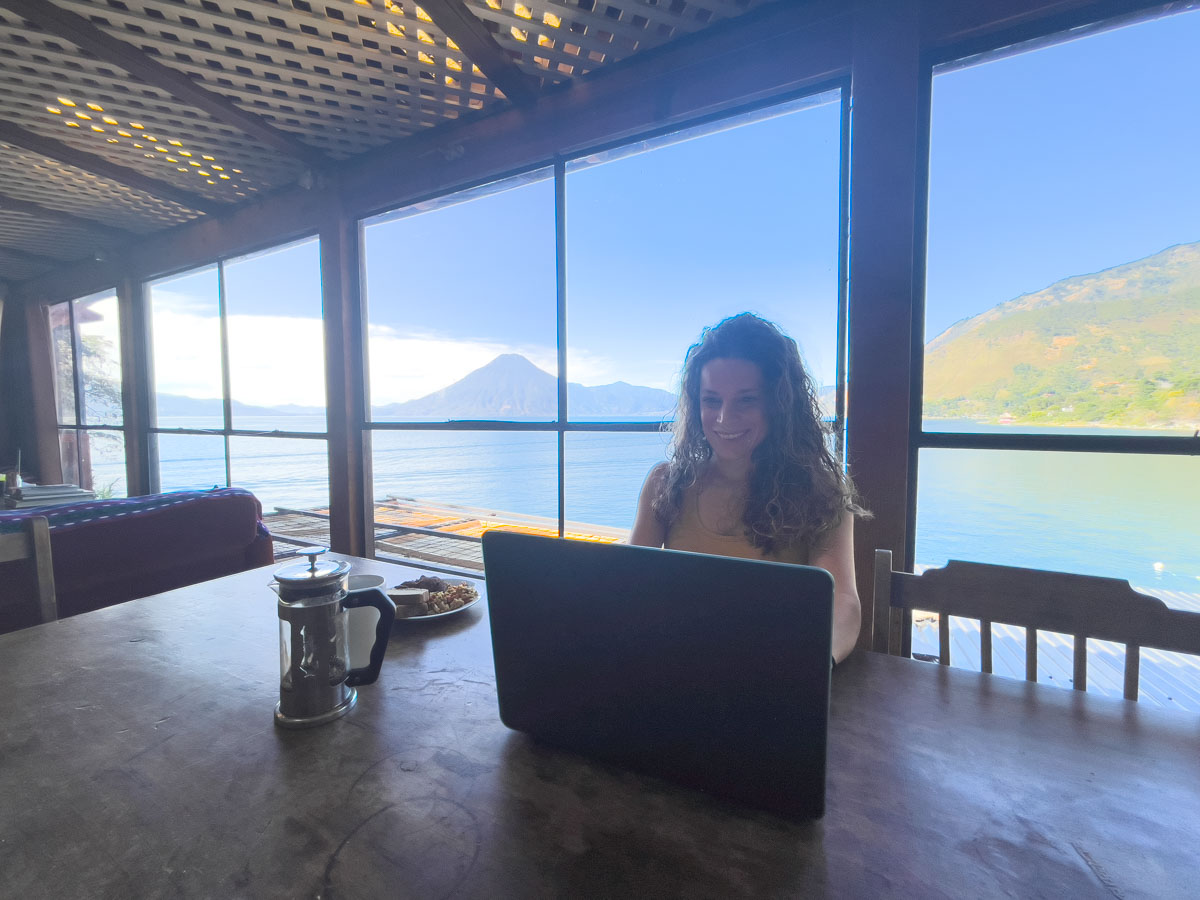
Top Digital Nomad Jobs:
- Freelance Writer/Copywriter
- Virtual Assistant
- Graphic Designer
- Web Developer/Programmer
- Social Media Manager
- Online English Teacher/Tutor
- SEO Specialist
- Content Marketing Strategist
- E-commerce Store Owner
- Affiliate Marketer
- Digital Marketing Consultant
- Video Editor/Animator
- UI/UX Designer
- Translator/Interpreter
- Online Coach/Consultant
- Dropshipping Entrepreneur
- Podcast Producer/Audio Editor
- Data Entry Specialist
- Customer Support/Service Rep
- Freelance Photographer
READ MORE:
Best Digital Nomad Jobs
10 BEST Digital Nomad Jobs For Beginners
Freelancing and Online Platforms
Many digital nomads kick things off by freelancing. It’s flexible, often beginner-friendly, and lets you build a reputation at your own pace. Popular freelancing platforms include:
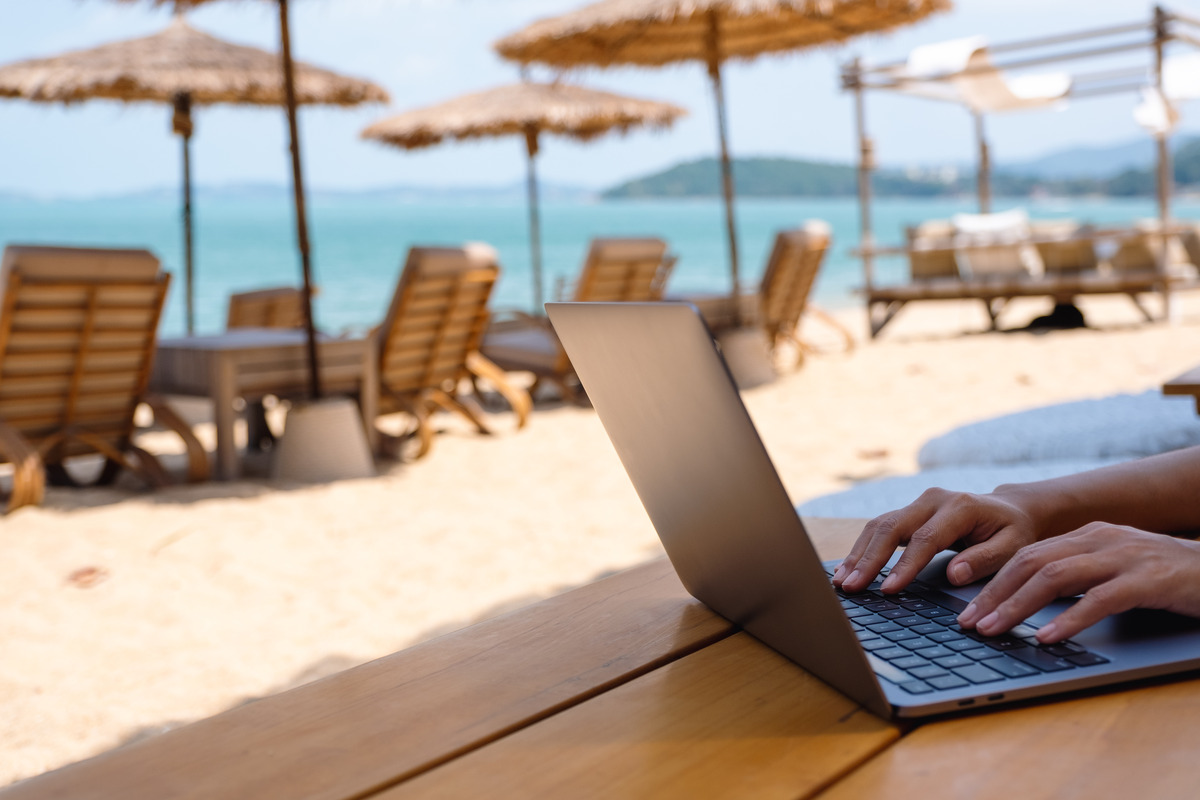
- Upwork – Ideal for a wide range of services, from writing to web dev.
- Fiverr – Great for quick “gigs” like graphic design, voice-overs, or small writing projects.
- Toptal – A network for top-tier freelancers, especially developers and designers.
If you’re going this route, you’ll need a portfolio to stand out. Show potential clients that you’re worth hiring: link to your previous work, set up a simple personal website, or even display a polished PDF of sample projects.
Where to Look for Remote Jobs
Prefer to work for a single employer rather than juggle freelance gigs? Remote job boards can be your friend:

- We Work Remotely
- Remote.co
- FlexJobs
These sites list positions ranging from entry-level support roles to advanced software engineering gigs. If you already have a desk job in a field that could be done remotely—ask if you can go remote! Many companies are more flexible than you’d think.
👉GET A DIGITAL NOMAD JOB👩💻
No BS, no scams, just remote jobs you can do from anywhere!
SEARCH DIGITAL NOMAD JOBS
Starting Your Own Business
Another possibility is launching your own business. Maybe you’re an expert in e-commerce, consulting, or digital marketing.

This route can be super rewarding, but it’s often more challenging initially because you’re building everything from scratch. If it’s your dream, go for it! If not yet, don’t sweat it—keep it as a long-term goal.
Step 2: Prepare Financially
Before you hop on that flight with a one-way ticket, you want some solid financial footing. Because yes, digital nomads do work, but you also want peace of mind in case of unexpected bumps on the road.
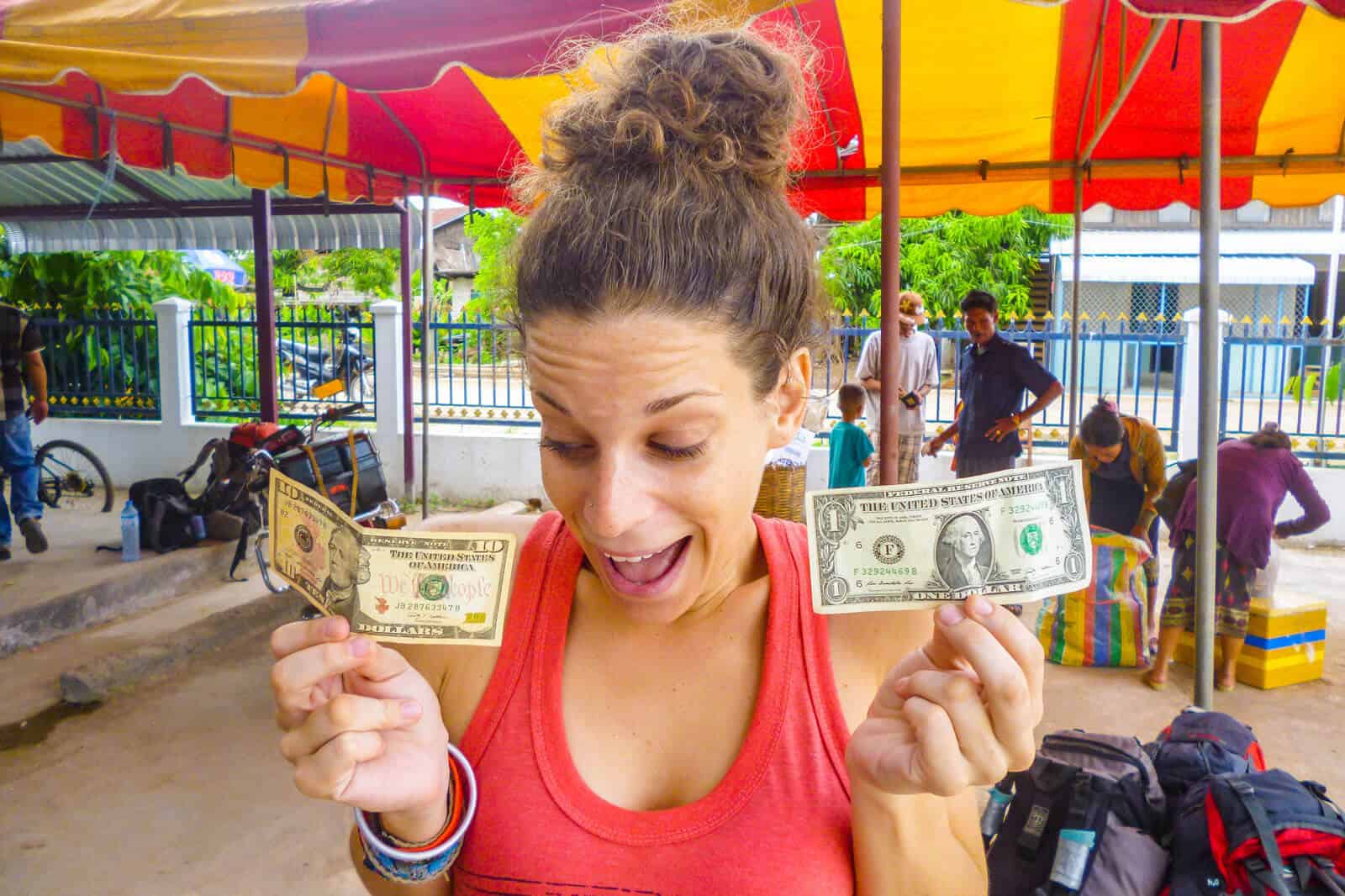
Build an Emergency Fund
The general rule is to have 3–6 months of living expenses saved. Think rent, food, flights back home if needed, and any surprise costs (like a lost phone or last-minute visa runs).

Having this cushion gives you freedom to pivot if your initial remote gig slows down or you need to take time off to find new clients.
⚠️ ARE YOU COVERED? ⚠️
Travel insurance isn’t just an extra—it’s a must, especially for digital nomads!
SafetyWing’s travel insurance is designed for us, covering everything from minor mishaps to major emergencies around the world.
With affordable, flexible coverage, SafetyWing makes it easy to stay protected wherever you roam and for however long. This is all I use to stay covered anywhere in the world!
Before you pack up and head out, make sure you’re set with the essentials—starting with the right insurance.
Unlock FREE Flights and Hotels!
Credit cards aren’t just for spending—they’re your ticket to epic travel rewards!
By using the right card for your everyday purchases, you could earn points for free flights, hotel stays, and more. No tricks, just smarter travel. Ready to see how?
Downsize Your Life
If you’re planning to bounce around countries, reevaluating your stuff is crucial—especially the big, bulky things you can’t lug with you. A minimal lifestyle saves you from pricey storage bills and the mental weight of worrying about “all that stuff” back home.
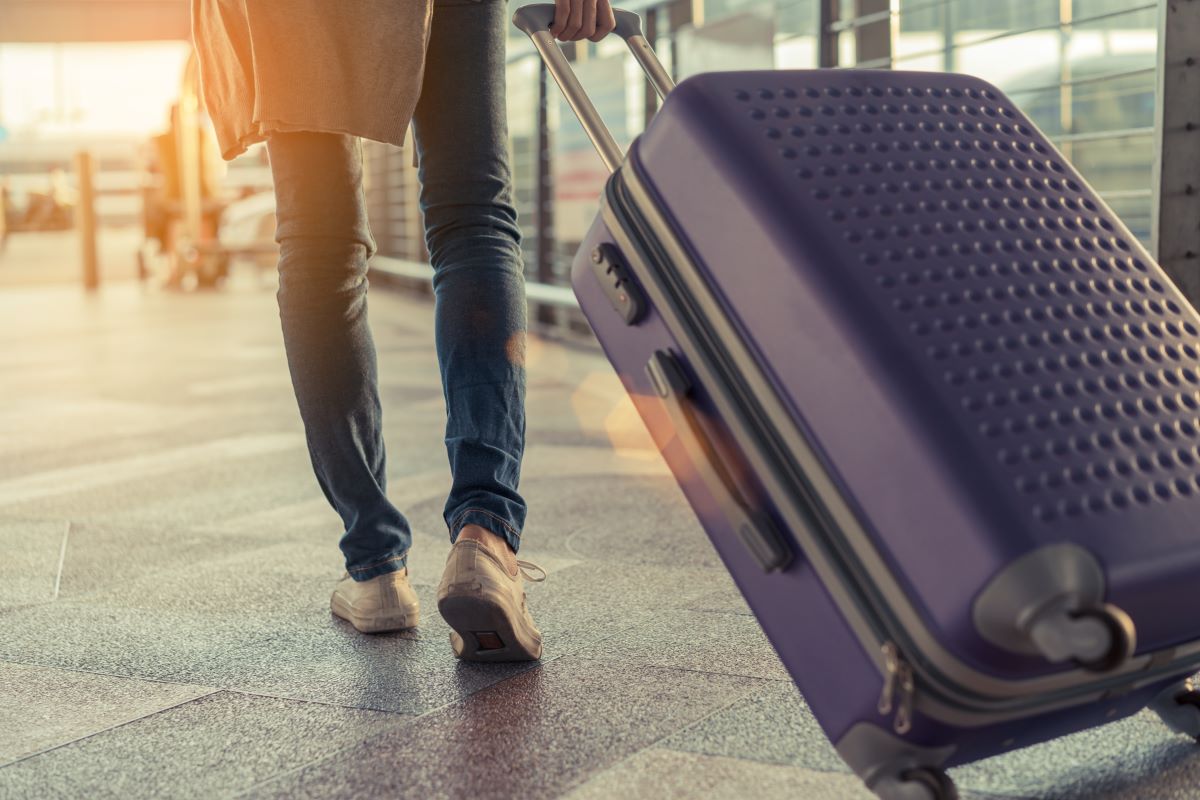
- Sell or store most of your furniture and non-essentials.
- Pack smartly: You don’t need 12 pairs of shoes if your goal is to backpack Southeast Asia or roam through Europe.
- Learn to let go: Living out of a suitcase might sound daunting, but it can be incredibly liberating (trust me, a decade of nomadic living taught me that!).
Step 3: Where to Go?
Choosing your first digital nomad base can be intimidating, but having a plan makes all the difference.

Nomad-Friendly Locations
Do some digging on Nomadlist and Numbeo to compare cost of living, safety ratings, and internet quality. While these sites won’t be 100% accurate for every traveler, they’re fantastic for making a shortlist.
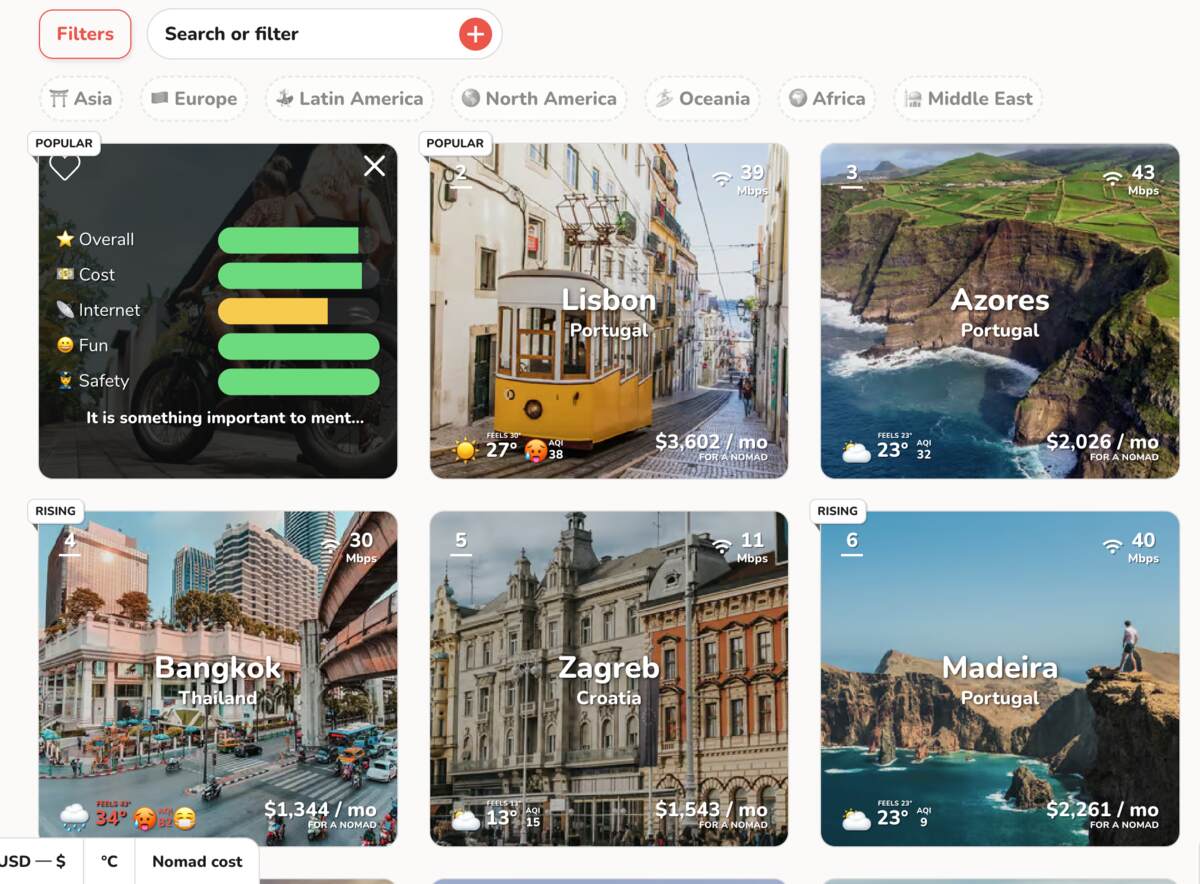
- Southeast Asia (Thailand, Vietnam, Bali, etc.) – Famous for affordability and solid internet (though the Philippines can be hit or miss, talking from experience!).
- Europe (Portugal, Spain, Romania) – Might be pricier, but still teeming with co-working spaces and lively digital nomad communities.
- Latin America (Mexico, Colombia) – Increasingly popular for decent Wi-Fi hubs, vibrant cultures, and varied climates.
TIP: Don’t pick a place just because everyone else raves about it. Research food options, cultural norms, safety, and local communities. You want to actually like living there.
RELATED: 39 Cheapest Countries in the World
Understanding Visas
So you’ve chosen a dreamy spot—but are you allowed to work there legally? Probably not, but it’s OK because you’re working online. Here’s the short and quick explanation:
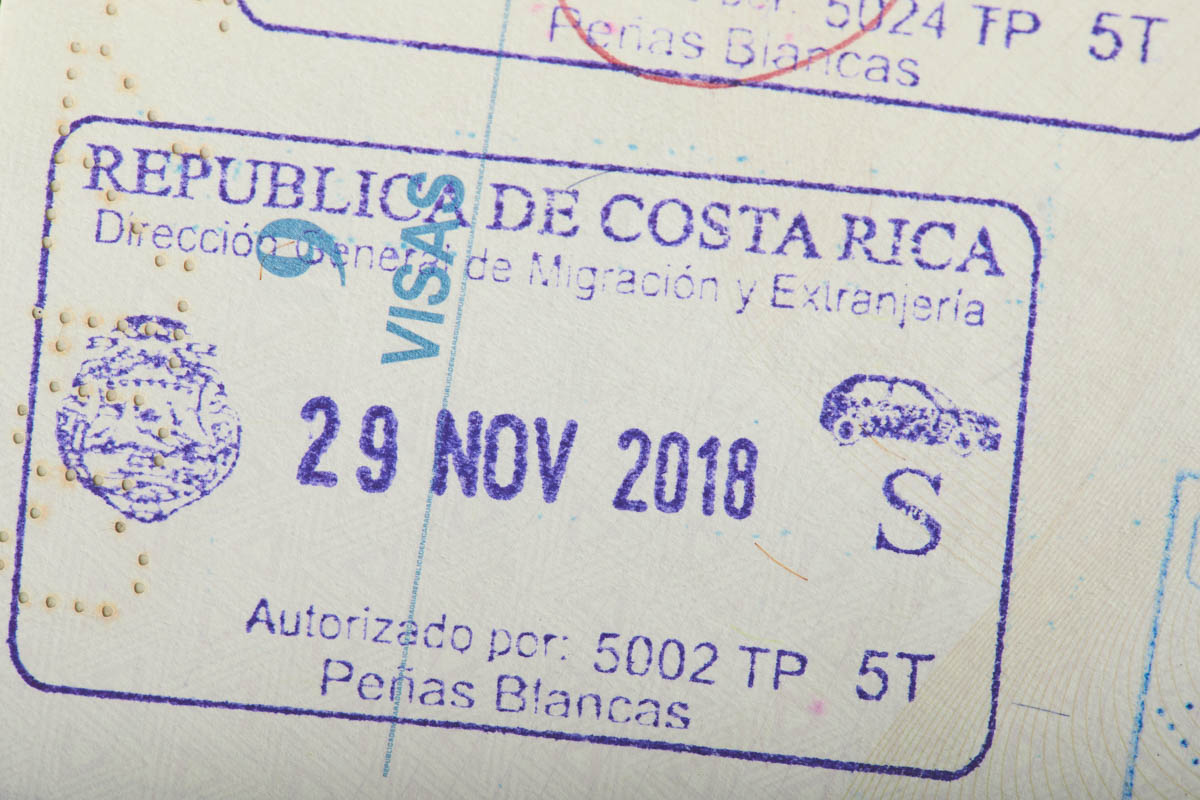
- Tourist visas: In many places, you can technically live short-term on a tourist visa while working online. But it’s often a grey area, so do your research.
- Digital nomad visas: More countries are rolling these out (like Portugal, Estonia, Costa Rica, and beyond). They vary in length and requirements but are designed for remote workers.
Always check official government sites or trusted immigration resources for up-to-date rules.
There’s a bit of a grey area with digital nomads because we aren’t taking jobs from locals, but we are technically working in the country.
It’s allowed, but it’s still a grey area. Definitely, don’t mention being a digital nomad or talking about working when entering countries on a tourist visa.
READ MORE:
Longest Visas for U.S Citizens, How to Extend, & More
18 Digital Nomad Visas for Remote Workers
Step 4: Research and Logistics

Even after picking a country, you have some nitty-gritty details to sort out—accommodation, Wi-Fi, taxes, and more. Let’s break it down.
Finding Accommodation
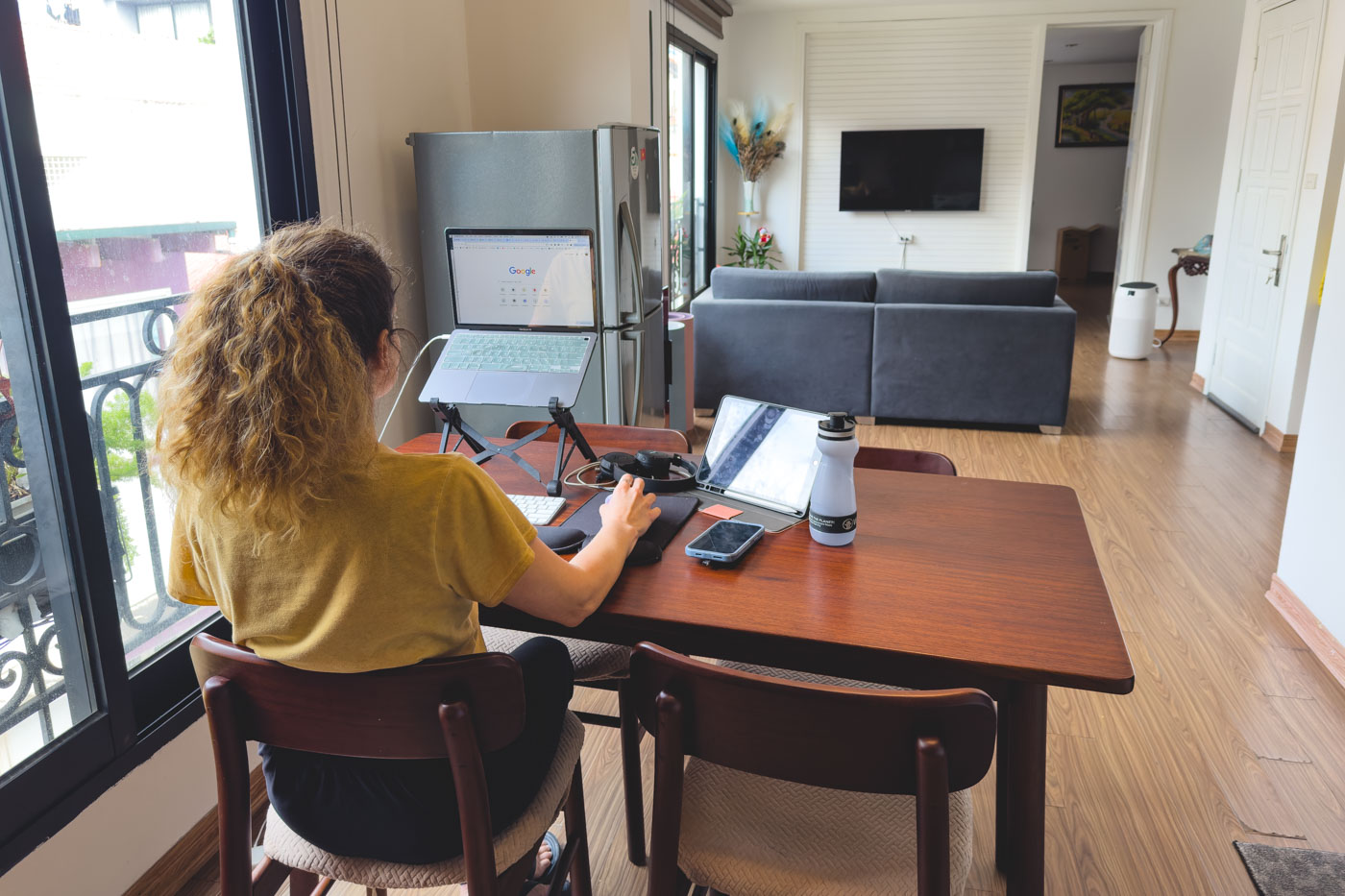
- Short-Term Rentals: Start with Airbnb, Booking.com, or the like to get a feel for local housing. Sometimes, you can negotiate monthly rates. Extending your contract off these sites will save you money. Make sure to take a walk around the neighborhood and look for signs to find better local deals.
- Coworking Spaces: If working from your studio apartment gets stale, coworking spots can be awesome for networking and free coffee (usually). I don’t like living in coworking apartments, though, because I think they are often overpriced, and I need my personal space.
- House-Sitting: A personal fave—platforms like TrustedHousesitters let you care for someone’s home (and often their pets!) in exchange for free accommodation. This is a great money saver to sprinkle in between your journey.
Staying Connected
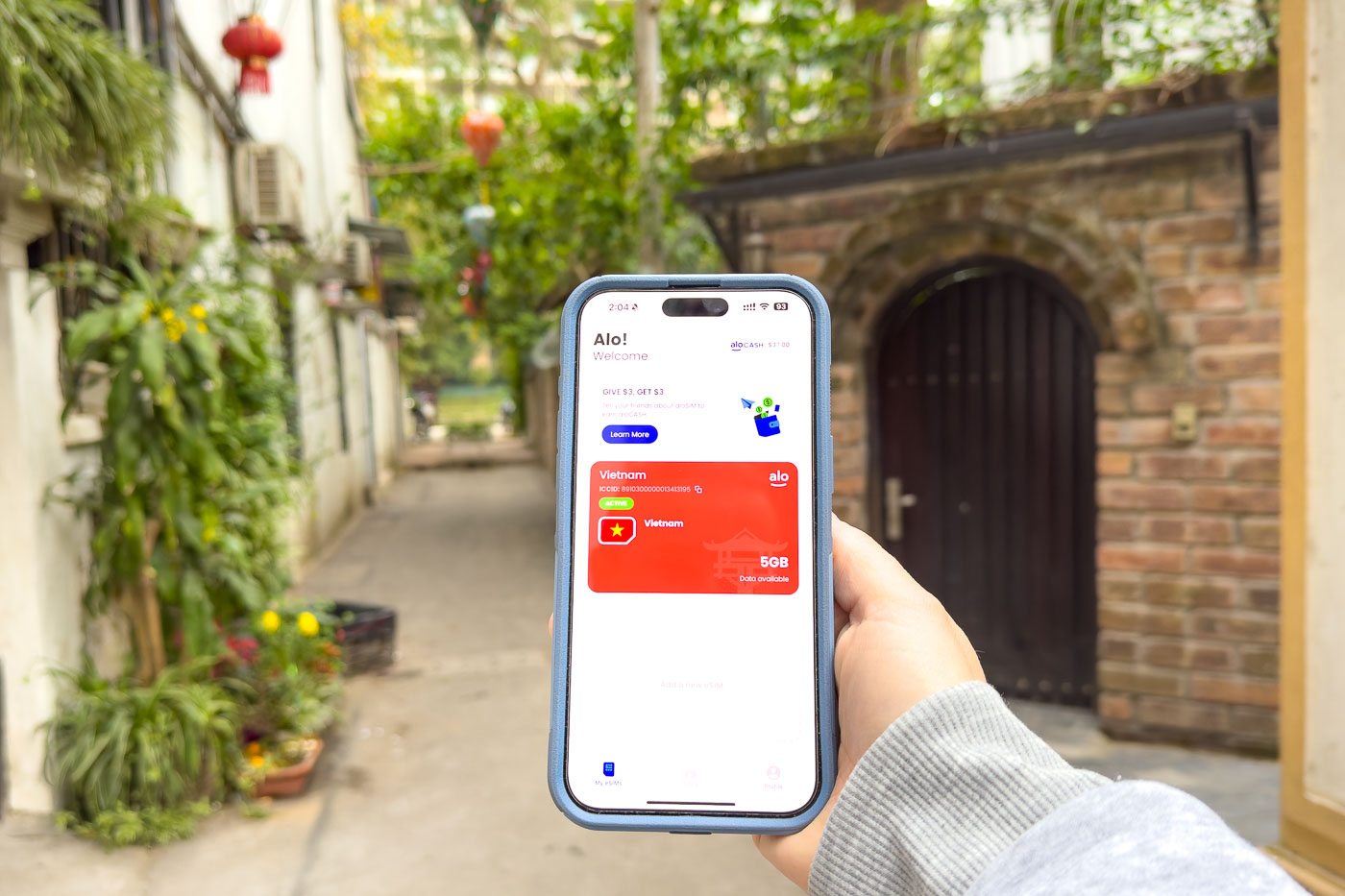
- Local SIM or eSIM: Most countries let you pop into a phone shop, grab a prepaid SIM, and get data for cheap. Or use eSIM options for more flexibility.
- Backup Wi-Fi Plans: If your job demands reliable connections, invest in a portable hotspot or check if coworking spaces have backup lines.
👉GET DATA ABROAD!🛜
Looking for data while you travel that doesn’t require you to hunt a SIM card down or pay insane roaming fees? I got you! Just grab an eSIM, and you’ll be connected in 5 minutes!
I NEED AN ESIM!
Taxes for Digital Nomads
Ah, taxes—the dreaded T-word. Even as a nomad, you might still owe taxes in your home country, depending on your citizenship.

For example, U.S. citizens must file taxes no matter where they live. However, there are some popular ways to reduce your tax burden:
- Foreign Earned Income Exclusion (FEIE): U.S. citizens can exclude a certain amount of foreign-earned income if they meet requirements.
- Tax Treaties: Some countries have treaties to prevent double taxation, but it depends on each individual treaty.
- Professional Advice: Consider hiring an accountant or using specialized services if you’re earning significantly. Tax rules for nomads can be complicated, so a little help might save you a lot of money.
In short, as an American, if I’m not doing the FEIE, I’m just simply paying my taxes. It’s not super great or fun, but it is what it is.
Travel Insurance
Regular health insurance typically won’t cut it once you’re bopping around the globe. You’ll want:
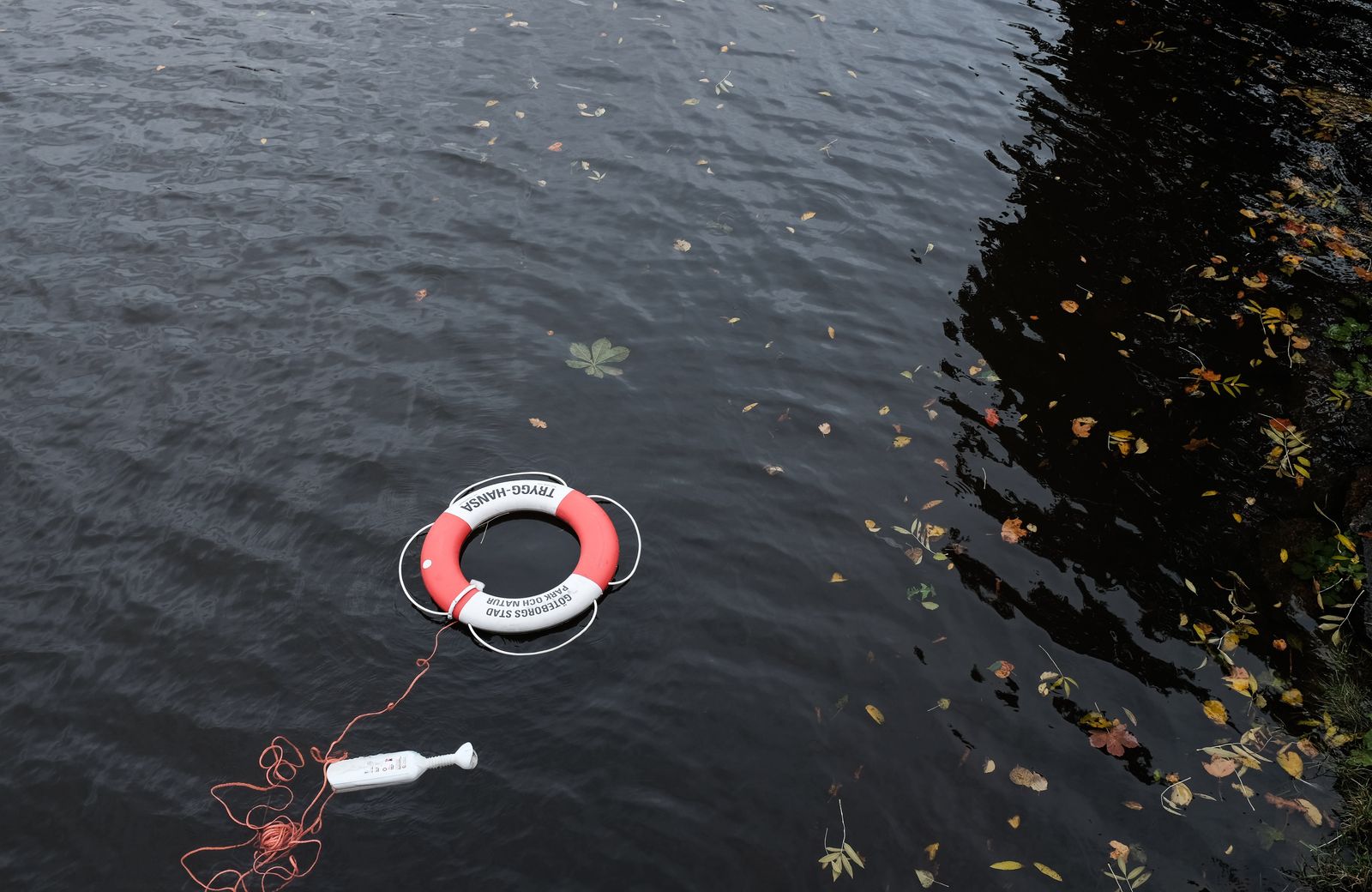
- Long-Term/Travel Insurance: A company like SafetyWing is popular for digital nomads because you can renew or sign up even if you’re already abroad. It works like a subscription—pay monthly, cancel when you’re done, and you’re set for emergencies.
- Minor Medical Costs: Most day-to-day medical visits in countries with affordable healthcare can be paid out of pocket. For bigger issues—broken bones, hospital stays, etc.—travel insurance can save you thousands.
For more details, check out Nomad Insurance: Travel Medical Insurance for Digital Nomads!
👩💻 REMOTE WORK TIP:
Want to know a legit site for finding digital nomad jobs… like—NOW!
Check here for current remote positions (BS and scams filtered out!)
Banking and Cards
Stop handing your bank extra cash with foreign transaction fees and lousy exchange rates.

- Travel-Friendly Debit Card: Charles Schwab Checking Account offers zero international ATM fees.
- Travel Credit Cards: Capital One Venture X is currently the #1 travel card and one I use. You can compare travel credit cards here and choose which is best for you and your travels.
- Money Transfer Services: Wise (formerly TransferWise) is a great option for sending money internationally with lower fees than most banks.
READ MORE: The Best Travel Cards to save and earn money on the road!
Work-Travel Balance
One of the biggest pitfalls? Trying to do full-on tourist activities while you’re supposed to be working. Not only is it stressful, you’ll probably do both half-heartedly.

- Separate Work and Play: If you’re working, focus on your tasks. Then carve out a few dedicated weeks (or weekends) for exploring.
- Set Boundaries: Create a routine—like working mornings and sightseeing afternoons, or vice versa. This helps you actually enjoy the place you’re in and keep your clients happy.
- Be real with yourself: You might have to learn this the hard way, as many people do, but you’ll be living a regular life, just abroad, with a sprinkle of travel. Traveling frequently just isn’t going to be your reality, at least not for long. It gets tiring to juggle it with work.
Step 5: Just Start
At some point, you’ve got to close your laptop at home, pack your bags, and just go for it. You can plan your heart out, but you’ll never feel 100% ready—that’s normal.

- Worst-Case Scenario: You buy a plane ticket home. Seriously, that’s it. Your “regular” life will still be there if you realize nomad life isn’t for you. But at least you tried!
- Embrace Adaptability: You might show up in a city and hate it, or discover the internet isn’t reliable. Pivot. Move somewhere else. You didn’t fail. You just learned a lesson, and you can to go elsewhere.
My Personal Take
I’ve been living out of a suitcase for over a decade. It’s not always unicorns and rainbows—I’ve lost clients due to bad Wi-Fi, had embarrassing translation mishaps, and have yet to perfect what I pack (it’s mission impossible).
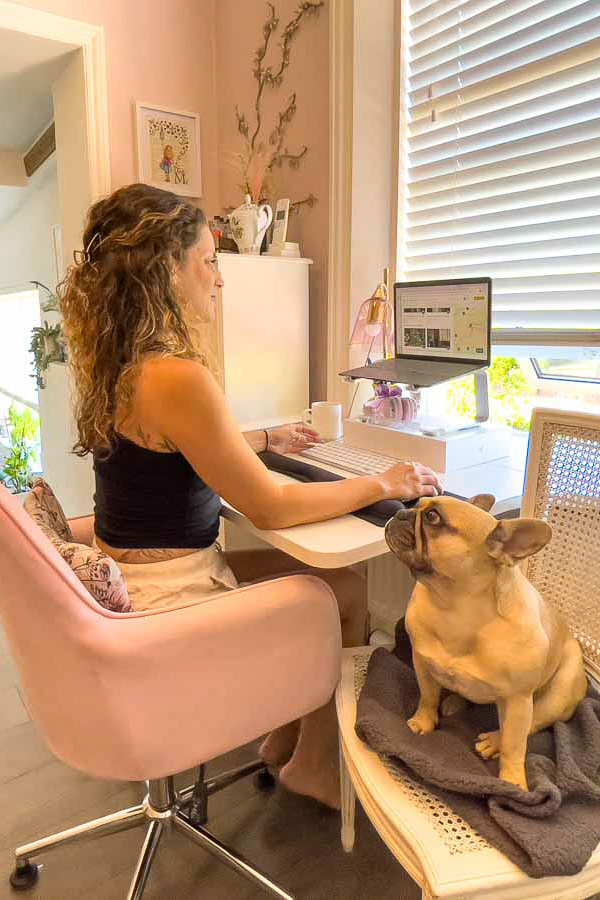
But the freedom to choose where I live and work makes it all worthwhile.
When I first took the leap, I gave myself permission to fail. At worst, I’d fly home and pick up where I left off. But that never happened. Taking the risk was the best decision I ever made.
RELATED:
33 Pros and Cons of Living Abroad—From A Pro
Pros and Cons of Being a Digital Nomad
Additional Resources
Looking for more in-depth help on jobs, tools, and how-tos? Here are a few curated resources from my site:
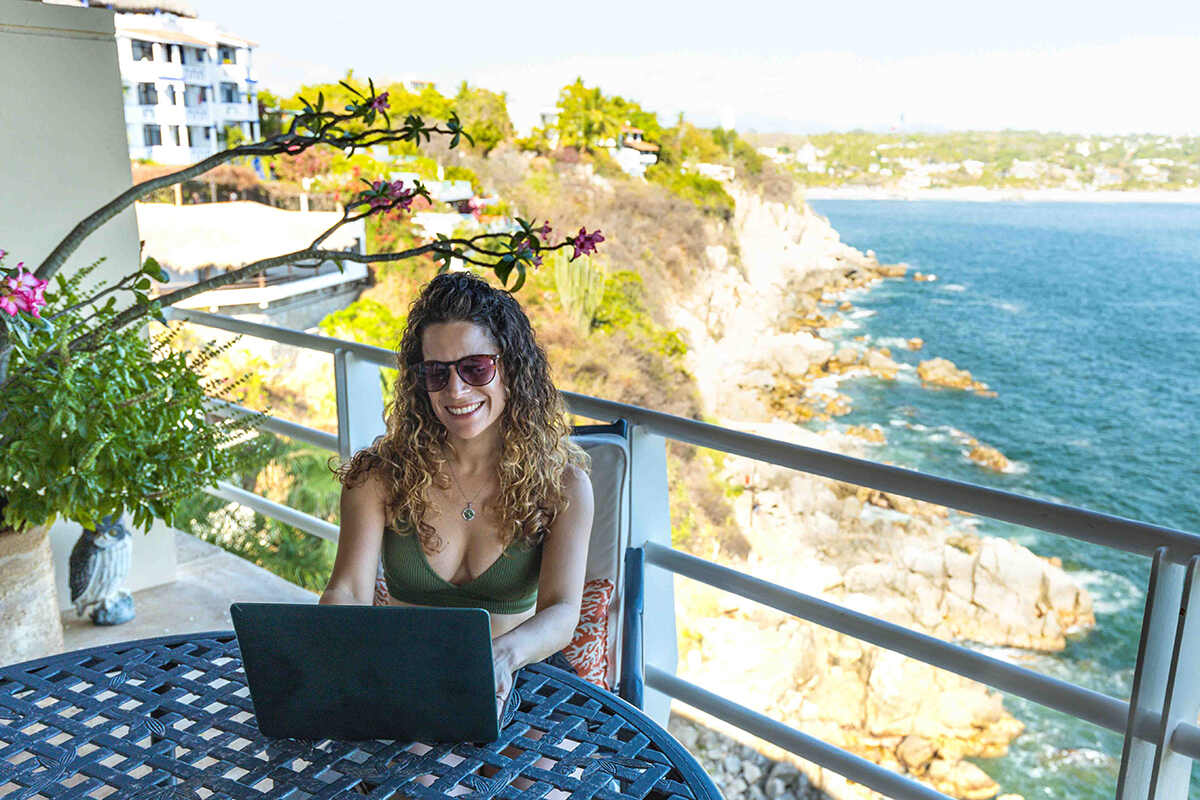
Read more about living and working abroad:
- 26 Digital Nomad Jobs: Best Remote Jobs for Travelers!
- 10 BEST Digital Nomad Jobs For Beginners
- 73 Travel Jobs—How to Make Money While Traveling!
- 56 Work From Home Websites—Earn Money Outside the Office!
- 20 Online Jobs With No Experience Needed!
- How to Start Freelancing for Beginners—Work Online & Travel!
- All Articles About Living and Working Abroad
Wherever this journey takes you—start small, build up, save that emergency fund, and refine your “digital” gig along the way.
Being a digital nomad can be unbelievably rewarding if you’re willing to put in the effort and adapt. So take that leap; your laptop and the world await!
I hope this helped you decide if becoming a digital nomad is for you!
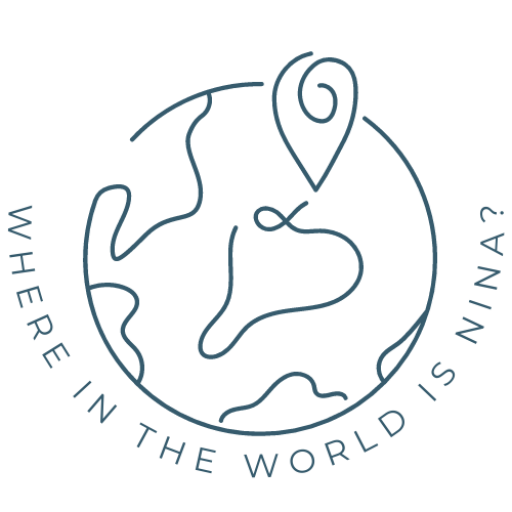
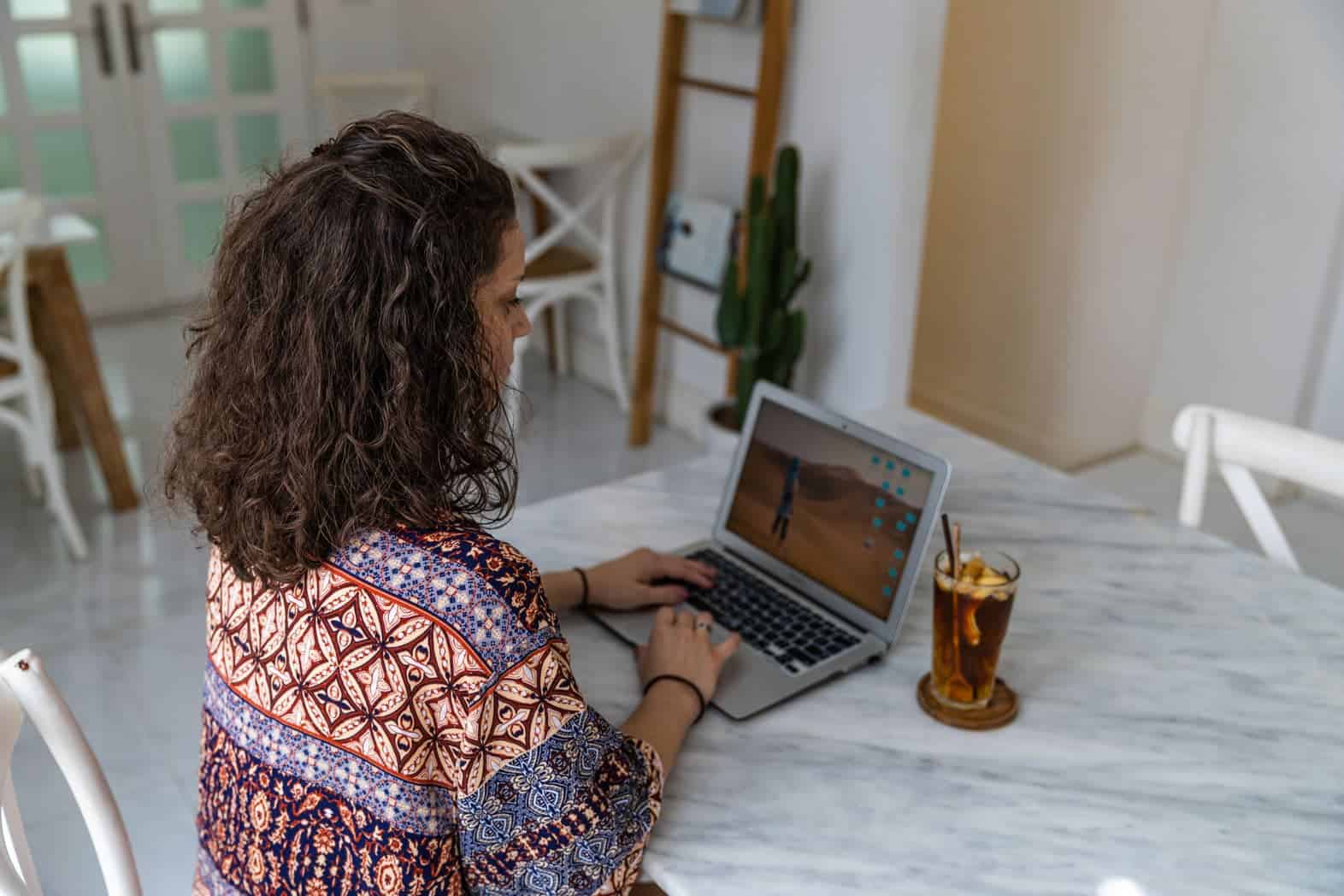
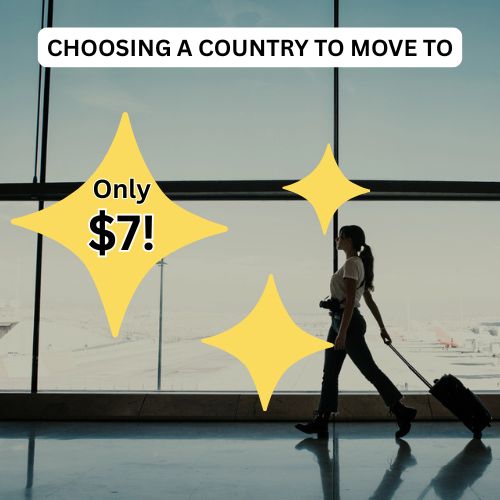
Hi Nina – I left my city job three years ago and started my freelance marketing career thereon – it’s been great and although I’m not nomad (yet..!) I can relate to everything in this blog. I’m getting ready to travel SEA in January and intend to keep some of my clients to retain a small income while travelling with hubby. Excited and nervous to be honest…. thinking very hard about the split of ‘working’ and ‘travelling’. Thanks again for your blog – good food for thought.
Thanks, Stephanie! Best of luck. I’m sure you’ll find a groove quickly!